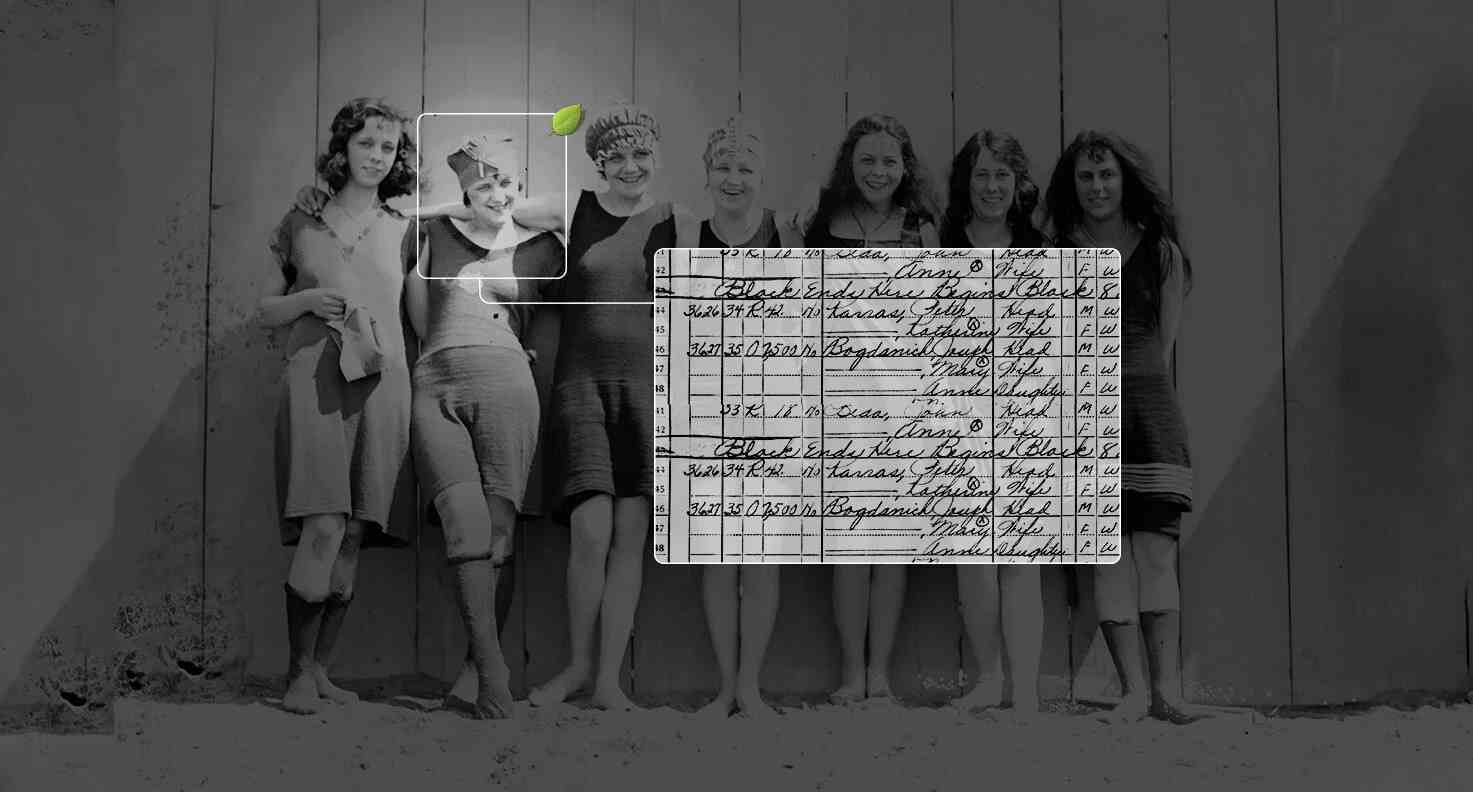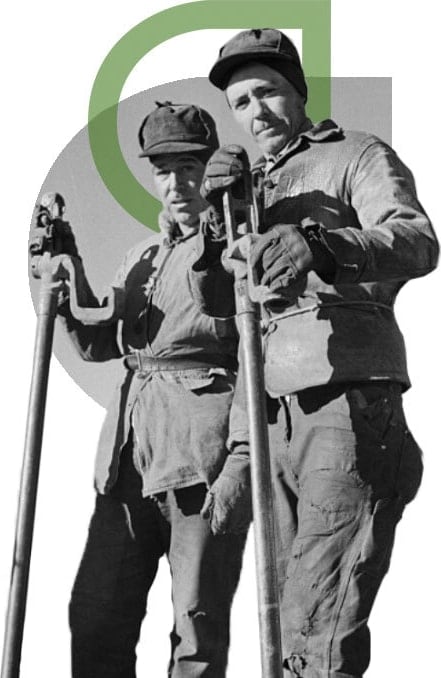Smith Family History
Smith Name Meaning
English and Scottish: occupational name denoting a worker in metal especially iron such as a blacksmith or farrier from Middle English smith ‘smith’ (Old English smith probably a derivative of smītan ‘to strike hammer’). Early examples are also found in the Latin form Faber . Metal-working was one of the earliest occupations for which specialist skills were required and its importance ensured that this term and its equivalents in other languages were the most widespread of all occupational surnames in Europe. Medieval smiths were important not only in making horseshoes plowshares and other domestic articles but above all for their skill in forging swords other weapons and armor. This is also the most frequent of all surnames in the US. It is very common among African Americans and Native Americans (see also 5 below). This surname (in any of the two possible English senses; see also below) is also found in Haiti. See also Smither . English: from Middle English smithe ‘smithy forge’ (Old English smiththe). The surname may be topographic for someone who lived in or by a blacksmith's shop occupational for someone who worked in one or habitational from a place so named such as Smitha in King's Nympton (Devon). Compare Smithey . Irish and Scottish: sometimes adopted for Gaelic Mac Gobhann Irish Mac Gabhann ‘son of the smith’. See McGowan . Americanized form (translation into English or assimilation) of various European surnames meaning ‘smith’ or ‘blacksmith’ for example German and Jewish Schmidt Dutch Flemish and North German Smit Ukrainian Rusyn or other Slavic Koval Slovak Kováč Slovenian Serbian and Croatian Kovač (see Kovac ) and Jewish Kuznetz (see Kuznetsov ). Native American: from English smith adopted as an occupational name for a smith often as a translation into English of a personal name based on an equivalent occupational name from any of the Native American languages such as Navajo atsidí ‘smith’ (see Atcitty ). In most cases however the surname Smith was probably chosen because it is the most common (English) surname in North America (see 1 above). It is also the most common surname among Native Americans. Compare Blacksmith .
Source: Dictionary of American Family Names 2nd edition, 2022


